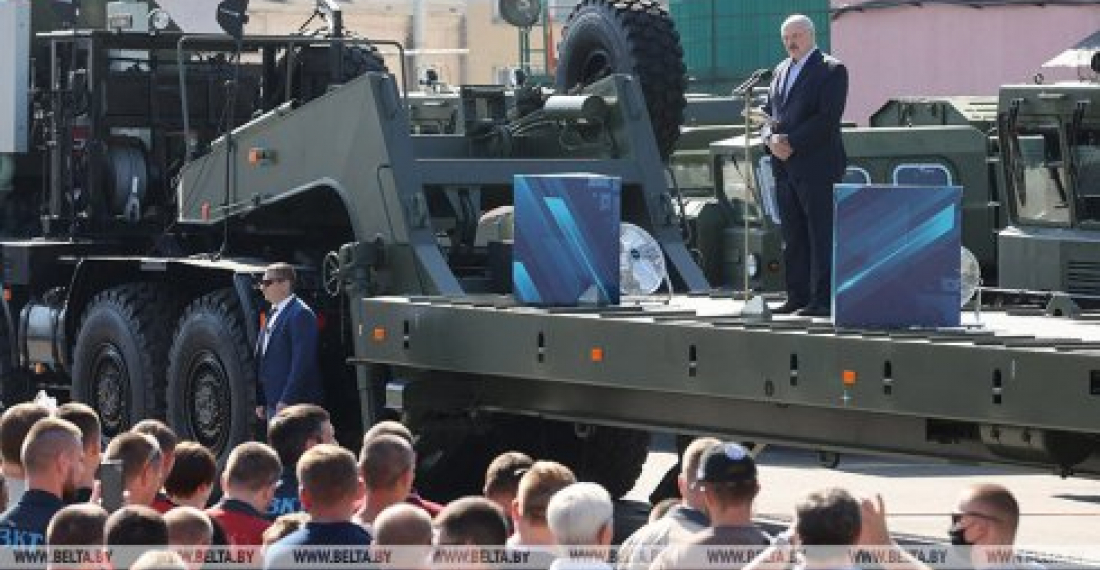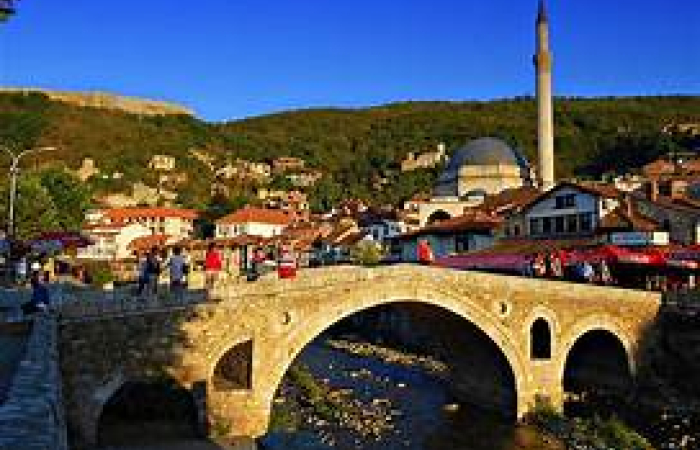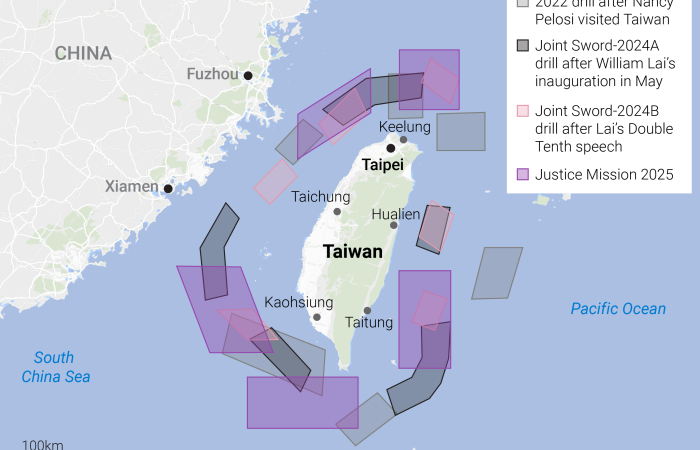Лидер Беларуси Александр Лукашенко борется за свою политическую жизнь. Последствия президентских выборов, состоявшихся несколько дней назад, которые, как он утверждает, выиграл с большим перевесом, но которые, как утверждают оппоненты, были сфальсифицированы, продолжаются.
Сначала были протесты. Затем жестокость полиции против тысяч мирных демонстрантов. Это, в свою очередь, привело к тому, что на улицы вышли десятки тысяч протестующих.
Лукашенко попытался показать, что у него все еще есть поддержка народа. Но митинг, организованный его сторонниками в воскресенье (16 августа), был ничем в сравнении с митингом протестующих.
Вчера Лукашенко полетел на вертолете на один из крупных заводов, Минский завод колесных тракторов (МЗКТ), который в прошлом оказывал ему самую лояльную политическую поддержку. Но вместо того, чтобы обхаживать его, над ним поиздевались - рабочие кричали ему "Уходи!". Лукашенко был явно шокирован и взволнован.
Многие сравнивают этот момент со временем, когда румынский диктатор Николай Чеуческу был свергнут в 1989 году. Он также созвал рабочих государственных заводов в центр Бухареста, ожидая, что они его поддержат, но вместо этого, к его шоку и ужасу, его освистали. Это означало конец Чеуческу, потому что это показало, что его основная опорная база рухнула. Что-то похожее происходит в Минске.
Тем временем международные усилия по поиску выхода из кризиса в Беларуси продолжаются. ОБСЕ - Организация по безопасности и сотрудничеству в Европе - пытается инициировать посредническую миссию. Нынешнее председательство Албании и предстоящее (2021 г.) председательство Швеции в организации работают вместе и предложили направить в Минск миссию во главе с их министрами иностранных дел.
В заявлении, опубликованном в понедельник (17 августа), говорится:
"Мы вновь выражаем нашу обеспокоенность по поводу прошедших президентских выборов 9 августа 2020 года, за которыми не могли наблюдать представители Бюро по демократическим институтам и правам человека ОБСЕ, а также непропорционального применения силы против мирных демонстрантов, массовых задержаний и предполагаемых пыток и жестокого обращения со стороны сил безопасности.
Чтобы найти путь дальше в Беларуси, необходим открытый и конструктивный диалог. ОБСЕ готова поддержать это и взаимодействовать со всеми заинтересованными сторонами.
В связи с этим в правительство Беларуси поступило официальное предложение о визите Действующего председателя ОБСЕ, премьер-министра, министра Европы и иностранных дел Албании Эди Рамы и нового действующего председателя ОБСЕ, министра министра иностранных дел Швеции Анн Линде - на встречу с правительством и представителями оппозиции.
Председательство в ОБСЕ подтверждает настоятельную необходимость полного соблюдения принципов и обязательств ОБСЕ, включая поощрение и защиту основных свобод и прав человека, а также уважение суверенитета и территориальной целостности".
Лидеры 27 стран-членов Евросоюза обсудят Беларусь в среду на специальном заседании, созванном президентом Совета ЕС Шарлем Мишелем.
Между тем есть сообщения, что канцлер Германии Ангела Меркель обсудит Беларусь во вторник (18 августа) в ходе запланированного телефонного разговора с президентом России Владимиром Путиным.
источник: commonspace.eu по материалам агентств
на фото: Президент Беларуси Александр Лукашенко выступает на тракторном заводе МЗКТ в Минске, 17 августа 2020 года (фото любезно предоставлено информационным агентством Белта, Минск).






